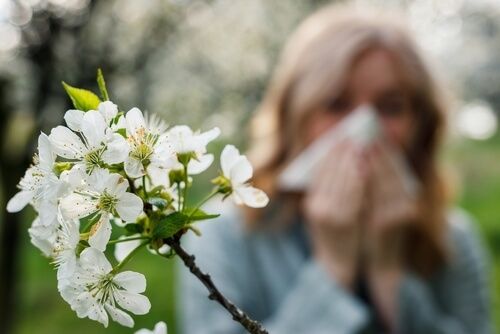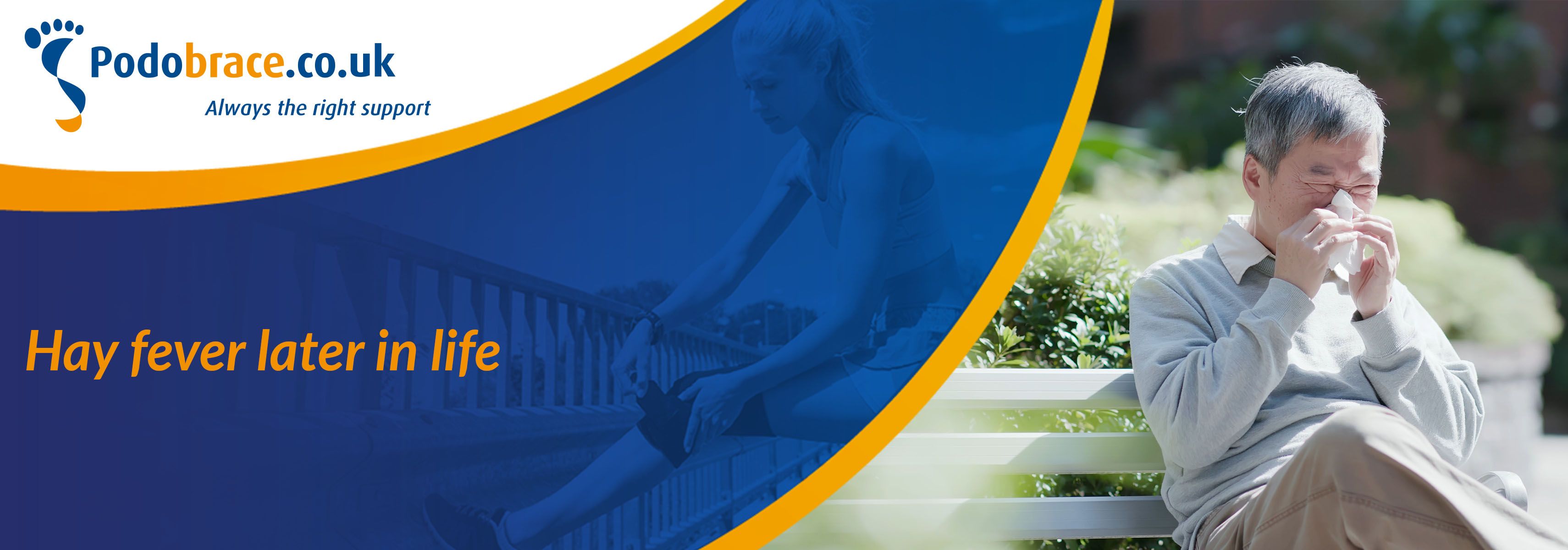Can you get hay fever later in life? Yes, you can. You can get hay fever suddenly, even at a later age. But how can this happen? And what exactly can you do about it? In this blog, we explain. Feel free to read on.
Predisposition to hypersensitivity
Hay fever is a form of allergic reaction. An allergy involves a hypersensitive reaction to allergens. In the case of hay fever, it involves pollen from grasses, trees and plants. These can cause the allergy symptoms.
If you suddenly develop hay fever, it means you have always had a degree of hypersensitivity to pollen. Usually, hay fever starts between the ages of 8 and 25. However, it is also common for individuals to suffer from hay fever only after the age of 40. The predisposition may be hereditary. For example, if a parent or both parents had hay fever, you have a higher chance of getting it too.

Long-term exposure to pollen
If hay fever develops in you at a later age, it is probably the result of years of process. As mentioned earlier, you then have the predisposition for an allergic reaction from birth.
It is possible that after exposure to pollen for several years, your reaction worsens. As a result, hay fever may not really reveal itself as an allergy until much later, at which point you really suffer (a lot).
What can I do about hay fever later in life?
Hay fever symptoms are very annoying, both in younger age and older. Common hay fever symptoms include a stuffy nose, itchy and watery eyes and fatigue. However, there are many other symptoms that come with hay fever. Fortunately, there are a number of things you can do to combat hay fever. For instance, you can try to avoid pollen by staying indoors. You can also try to reduce the symptoms. There are medicines for this, but also nasal sprays and eye drops.
There are other things you can do, such as immunotherapy or medical taping. Medical taping involves placing kinesiology tape on specific points on the body. This reduces pressure and improves blood circulation. This can help reduce allergic reactions caused by hay fever.


Gladiator Sports Hay Fever Kinesiology Tape (per roll - available in 9 colors)

Gladiator Sports Kinesiology Tape (3 rolls)

Gladiator Sports Kinesiology Tape (per roll)




